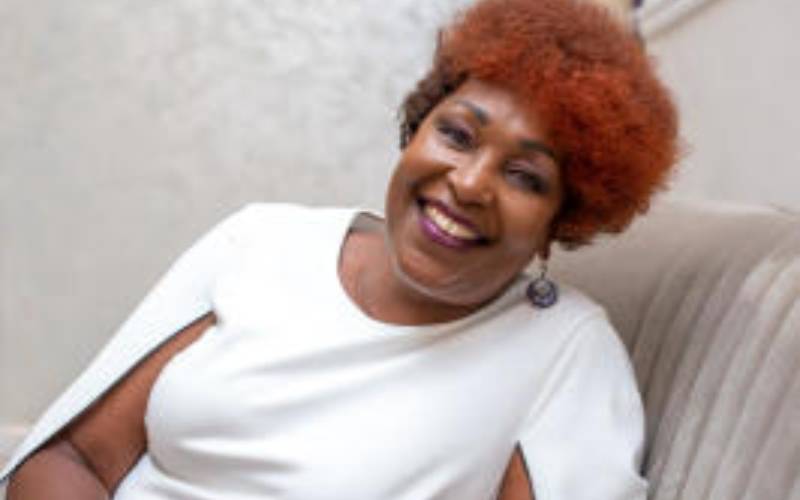×
The Standard e-Paper
Smart Minds Choose Us

There was something that fascinated her as she watched her grandmother exchange the juicy fruits in the market for money. It was the haggling, and the often fruitful exchange that sparked a seed of entrepreneurship in Dr Joyce Gikunda.
Only, instead of dealing in horticulture, she would be dealing in pharmaceutical products and beauty services under Lintons brand. Gikunda, a pharmacist, started out with a pharmaceutical outlet in 1983 that later morphed into a beauty and cosmetics business.